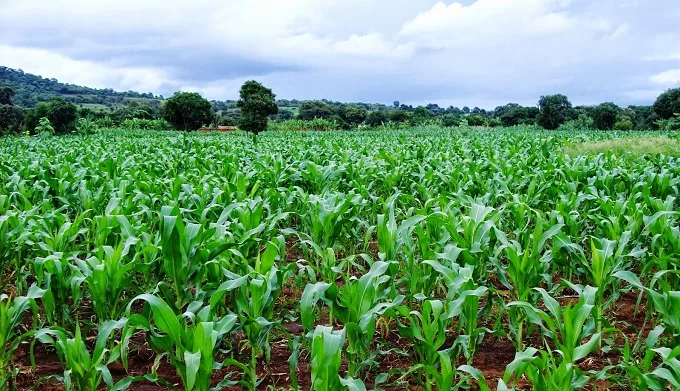In the grand tapestry of Nigeria’s economic landscape, a single thread dominates, weaving through the fabric of prosperity and exposing the nation’s vulnerability to the global economic winds — the mono-export reliance. As Nigeria navigates the complex currents of the international market, the implications of this overdependence on a singular export product paint a nuanced and challenging portrait for the nation’s economic future.
At the heart of this matter lies the nation’s heavy reliance on oil as its primary export commodity Crude oil constitutes 92 percent of Nigeria’s export revenues. While the oil industry has undeniably fueled economic growth and provided a significant source of revenue, the associated risks are starkly apparent. The fluctuations in global oil prices, influenced by geopolitical tensions, market dynamics, and shifts towards renewable energy, leave Nigeria exposed to the capricious nature of the international market.
One of the foremost implications of this mono-export structure is the susceptibility to economic shocks. The precipitous fall in oil prices, as witnessed in recent years, sends ripples through the entire economic spectrum. Government revenues shrink, foreign exchange reserves dwindle, and the budgetary framework is left in disarray. The mono-export reliance thus becomes a double-edged sword, providing prosperity in times of abundance but wreaking havoc in periods of downturn.
Moreover, the overreliance on a single export product stifles economic diversification — a critical element for long-term sustainability and resilience. Nigeria’s economic landscape becomes imbalanced, with other sectors struggling to reach their full potential. The agricultural, manufacturing, and technological sectors, which could contribute significantly to economic growth, remain overshadowed by the dominance of the oil industry.
Socially, the implications are equally profound. The volatility in oil prices directly impacts the government’s ability to fund social programs and infrastructure development. Education, healthcare, and poverty alleviation initiatives often bear the brunt of budgetary constraints when oil revenues dwindle. Thus, the mono-export reliance perpetuates a cycle where the well-being of the populace is intricately tied to the fluctuations of a single commodity.
To navigate these implications, Nigeria must embark on a deliberate and sustained effort towards economic diversification. Investing in sectors beyond oil, such as agriculture, manufacturing, and technology, will not only create a more resilient economy but also generate employment opportunities and foster sustainable growth. Policy frameworks that incentivize and support non-oil industries should be prioritized to break free from the chains of mono-export dependency.
Nigeria stands at a crossroads where the implications of its mono-export reliance demand thoughtful consideration and proactive measures. The path to economic resilience lies in diversification, fostering a diversified economy that can weather global uncertainties and provide sustained prosperity for its people. It’s time for Nigeria to weave a new narrative, one that embraces diversity and lays the foundation for a more robust and sustainable economic future.





